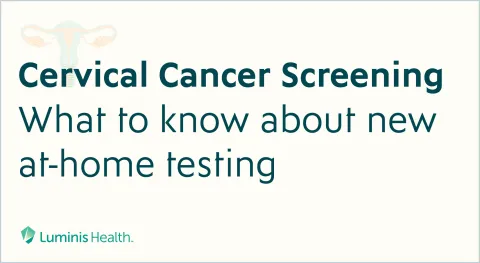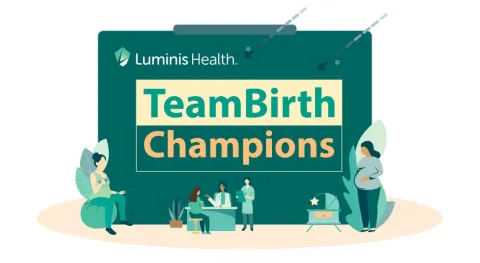Nearly everyone has heartburn once in a while. But if your heartburn happens two or more times a week, it may be a symptom of something more serious. You may have gastroesophageal reflux disease, or GERD.
GERD is a digestive disorder that affects up to one in five U.S. adults. It occurs when the valve in the esophagus called the lower esophageal sphincter (LES) opens or relaxes too often or for too long or becomes loose. This causes stomach contents to back up into the food pipe, causing heartburn and acid indigestion.
In addition to getting heartburn two or more times a week, you should seek a doctor’s help if you have trouble or pain when swallowing, coughing or choking during the night and/or heartburn pain that interferes with your daily activities. These are symptoms of GERD. Other symptoms include shortness of breath, chest pain, chronic cough, increased belching and bad breath.
While there isn’t yet a cure for GERD, you can manage your symptoms. Doctors often recommend diet and lifestyle changes. Simple approaches include:
- Maintaining a healthy weight
- Avoiding tight-fitting clothing
- Avoiding trigger foods and drinks, such as fatty or fried foods, tomato sauce, alcohol, chocolate, garlic, onion and caffeine
- Eating smaller meals slowly
- Waiting at least three hours after eating before lying down or going to bed
- Elevating the head of your bed
- Quitting smoking
Chronic or refractory GERD
In addition to lifestyle changes, your doctor might also recommend prescription medication to reduce the amount of acid in the stomach. While most patients respond well to these treatments, some might find that their symptoms persist. In this case, you may have chronic or refractory GERD.
Refractory GERD can be debilitating and harm your quality of life. It’s important not to lose hope. There are minimally invasive surgical options available to treat refractory GERD.
When left untreated, GERD can lead to more serious health problems over time, including esophageal cancer. If you’re currently taking antacids or over-the-counter medications, it’s important to visit your primary care doctor. These medicines may only mask symptoms.
We know that the coronavirus (COVID-19) pandemic is still on everyone’s mind. But your health may still require medical attention. Our medical offices have procedures in place to keep patients and staff safe. We sanitize exam rooms before and after each patient, patients and staff are screened for COVID-19 before they enter the building, and masks are required at all times.
We are safe, ready and open to care for you during the COVID-19 pandemic and beyond.
Don’t let your GERD symptoms take away from your quality of life. Your doctor can direct you to an option that will ultimately provide you with relief.
Author
 Adrian Park, MD
Adrian Park, MD, is chair of Anne Arundel Medical Center’s Department of Surgery and an internationally recognized specialist in minimally invasive surgery. To reach him, call 443-481-6699.





